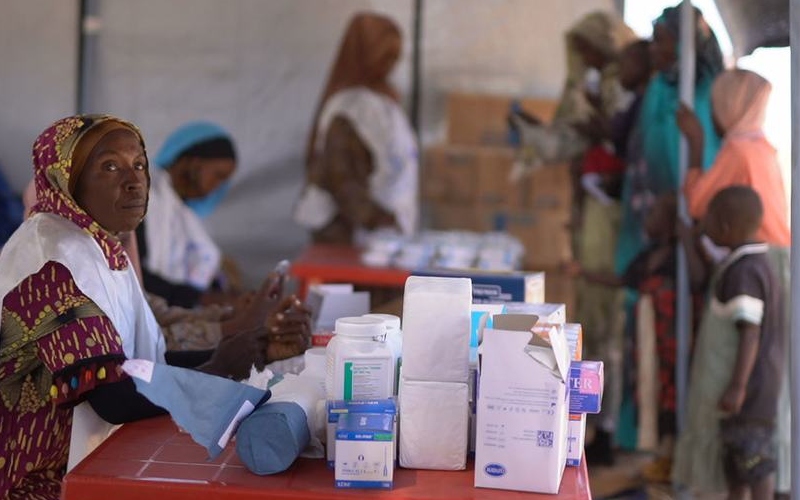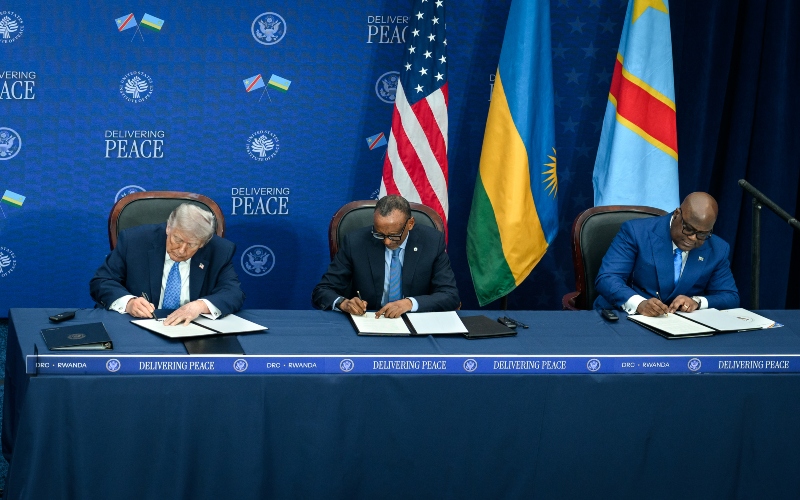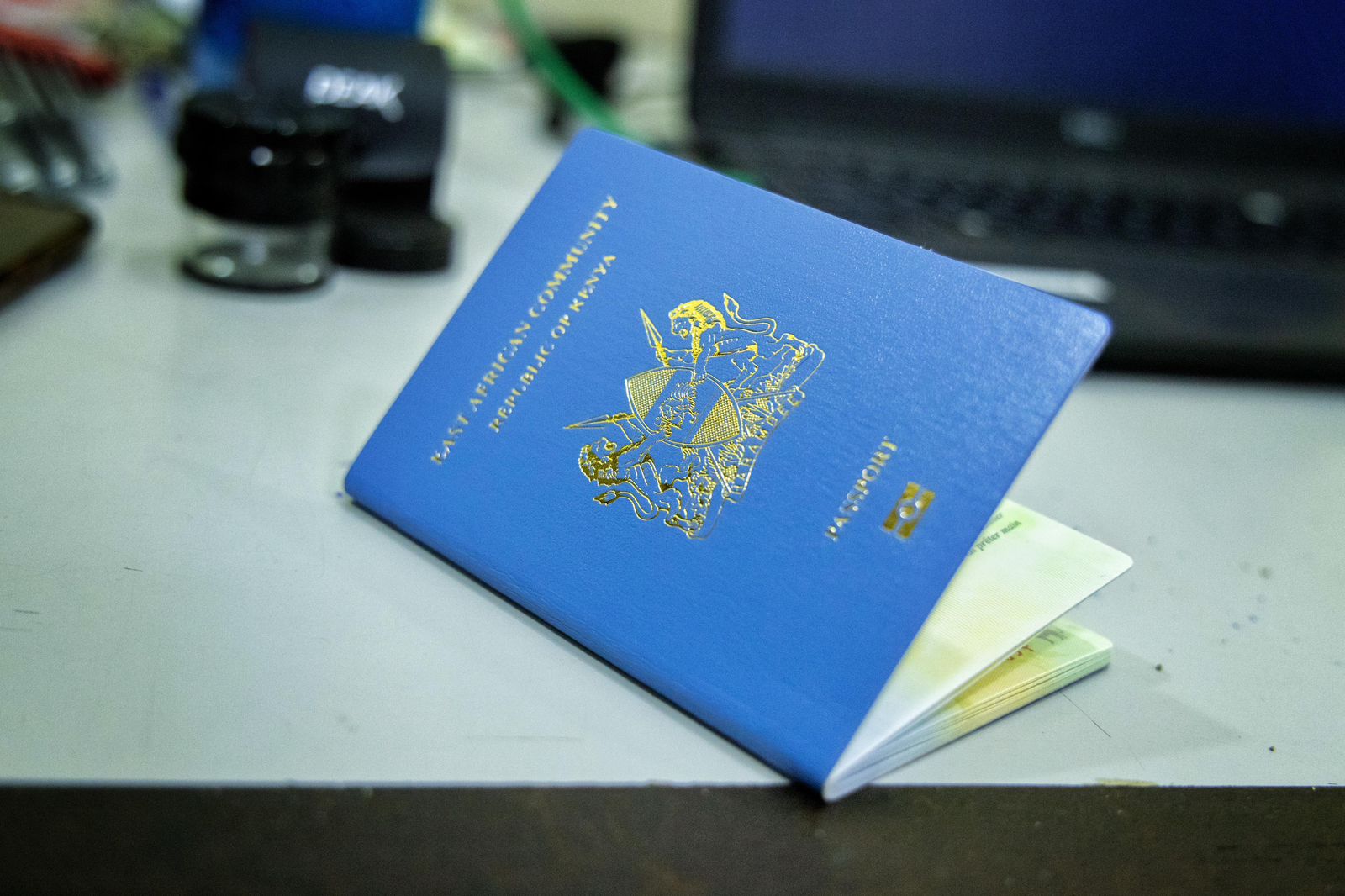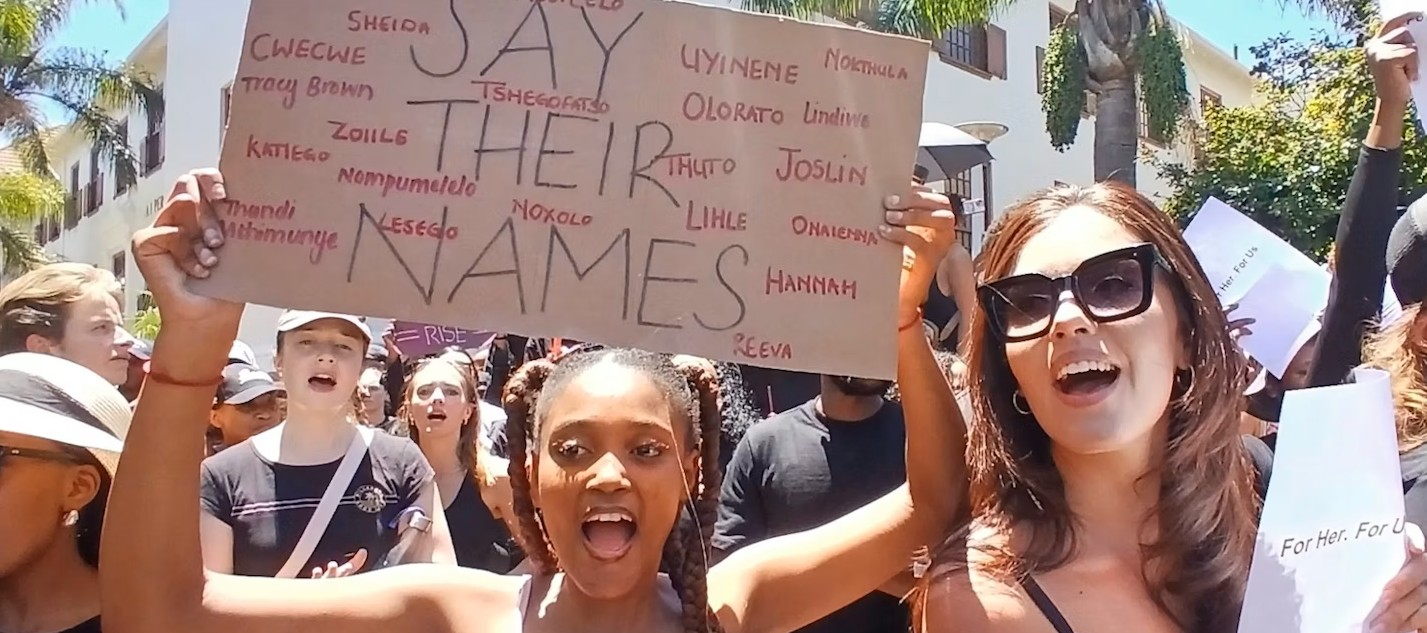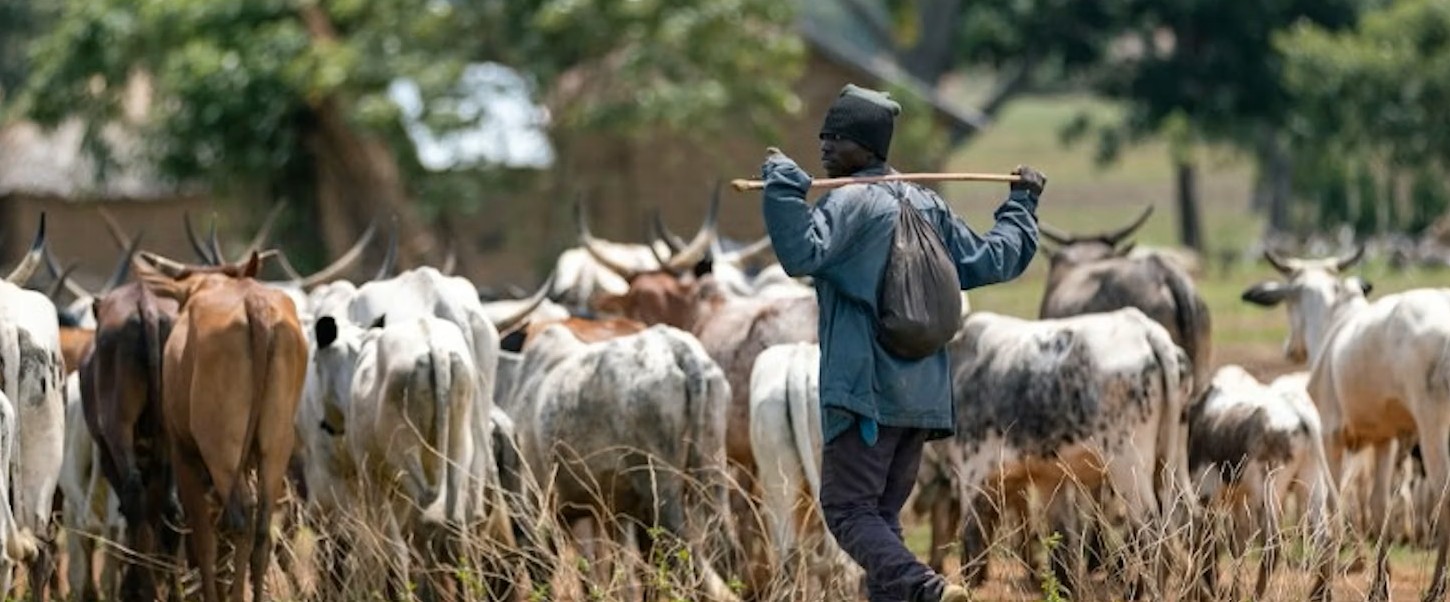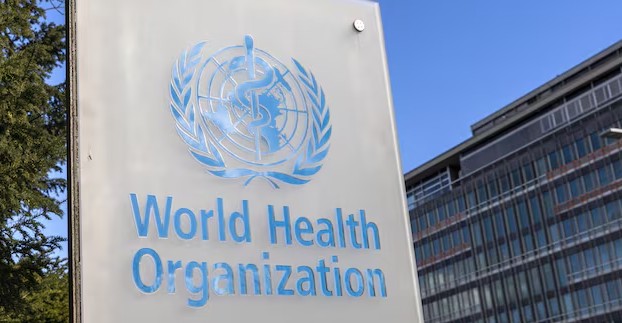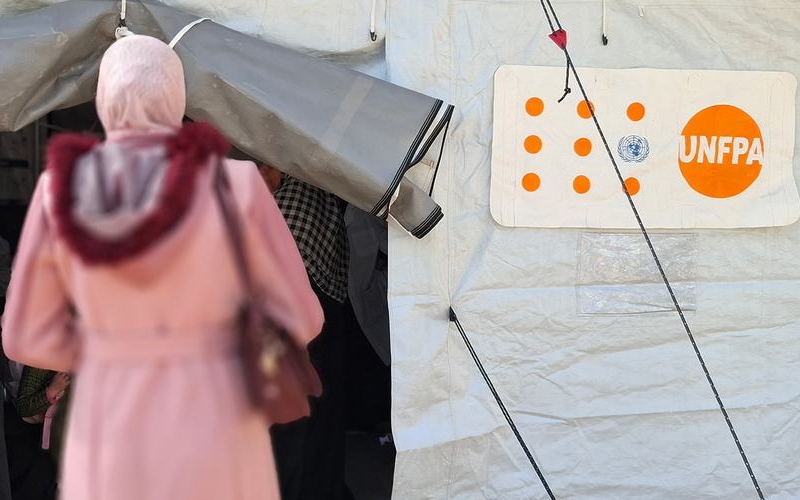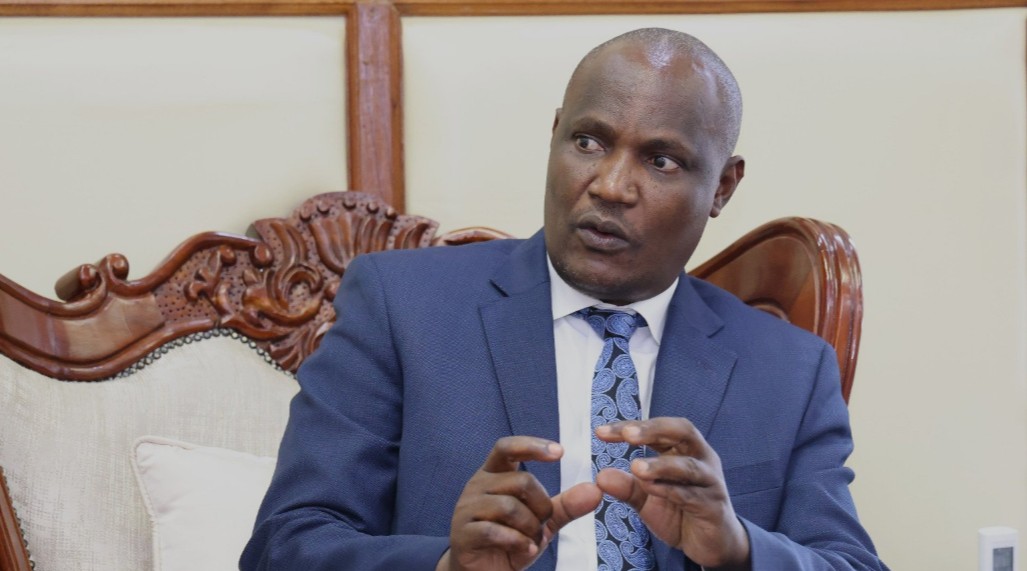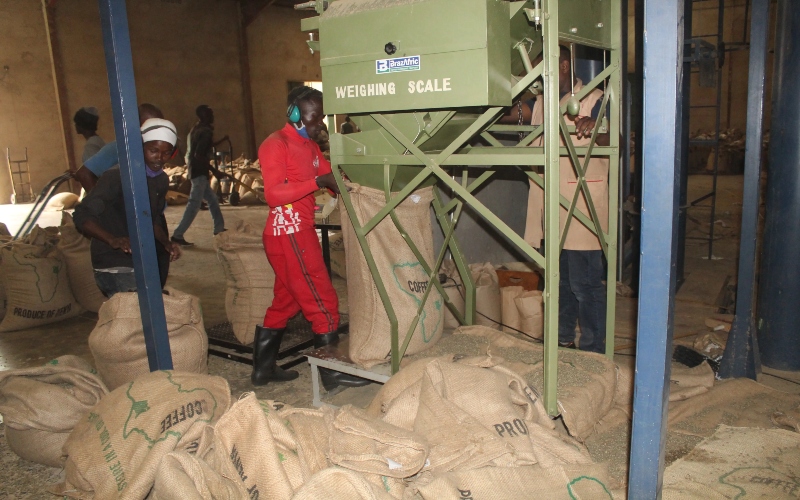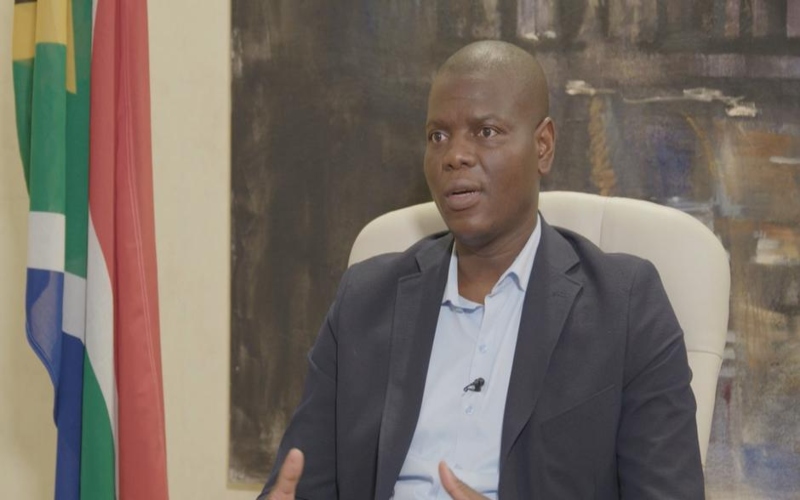Kenya attends London Conference on Sudan amid Khartoum's objections
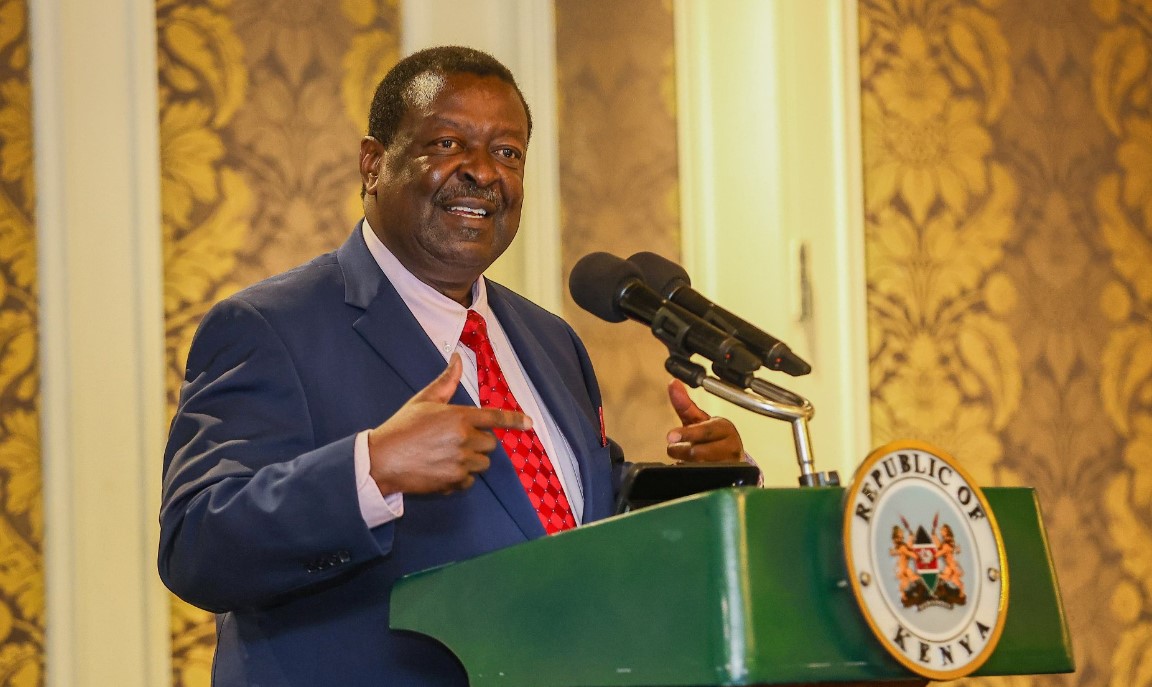
Mudavadi is expected to reiterate Kenya's official stance supporting "a unified Sudan for the people of Sudan" while rejecting military solutions and advocating for "a Sudanese-owned political process with the supportive role of external actors."
Kenya has dispatched Prime Cabinet Secretary Musalia Mudavadi to the London-Sudan Conference on Monday despite protests from Sudan's military leadership, which has rejected the UK-hosted event for excluding Khartoum's formal representation.
Mudavadi, who also serves as Kenya's Foreign Affairs chief, is in London to represent the Kenyan government at a gathering "that seeks to bolster peace in the volatile Sudan," according to a press statement issued by the Office of the Prime Cabinet Secretary.
More To Read
- From protesting tyranny to saving lives: How Sudan’s networks are responding to war
- Rights group calls for nationwide Sudan arms ban amid deadly attacks
- Sudan army makes major gains in South Kordofan, retakes key villages from SPLM-N
- Sudan signals willingness to coordinate with UN despite ongoing RSF clashes
- Mass displacement, trafficking fears deepen crisis in Sudan’s El Fasher
- Sudanese army says it repelled paramilitary forces' attack after unilateral truce declaration
In a carefully worded declaration, the Kenyan government reaffirmed its open-door policy toward all Sudanese factions, including both the Sudanese Armed Forces (SAF) and the sanctioned Rapid Support Forces (RSF).
The move is likely to further strain relations with Sudan's junta in Port Sudan, which has previously protested Kenya's decision to host the controversial RSF-aligned "Transitional Charter" ceremony in February.
Mudavadi is expected to reiterate Kenya's official stance supporting "a unified Sudan for the people of Sudan" while rejecting military solutions and advocating for "a Sudanese-owned political process with the supportive role of external actors."
He will also push for regional mediation frameworks, calling on parties to "work through African institutions established by member states, including IGAD, the African Union, EAC, and SADC," while discouraging "forum shopping" by stakeholders seeking platforms that align with their narrow interests.
Top Stories Today
